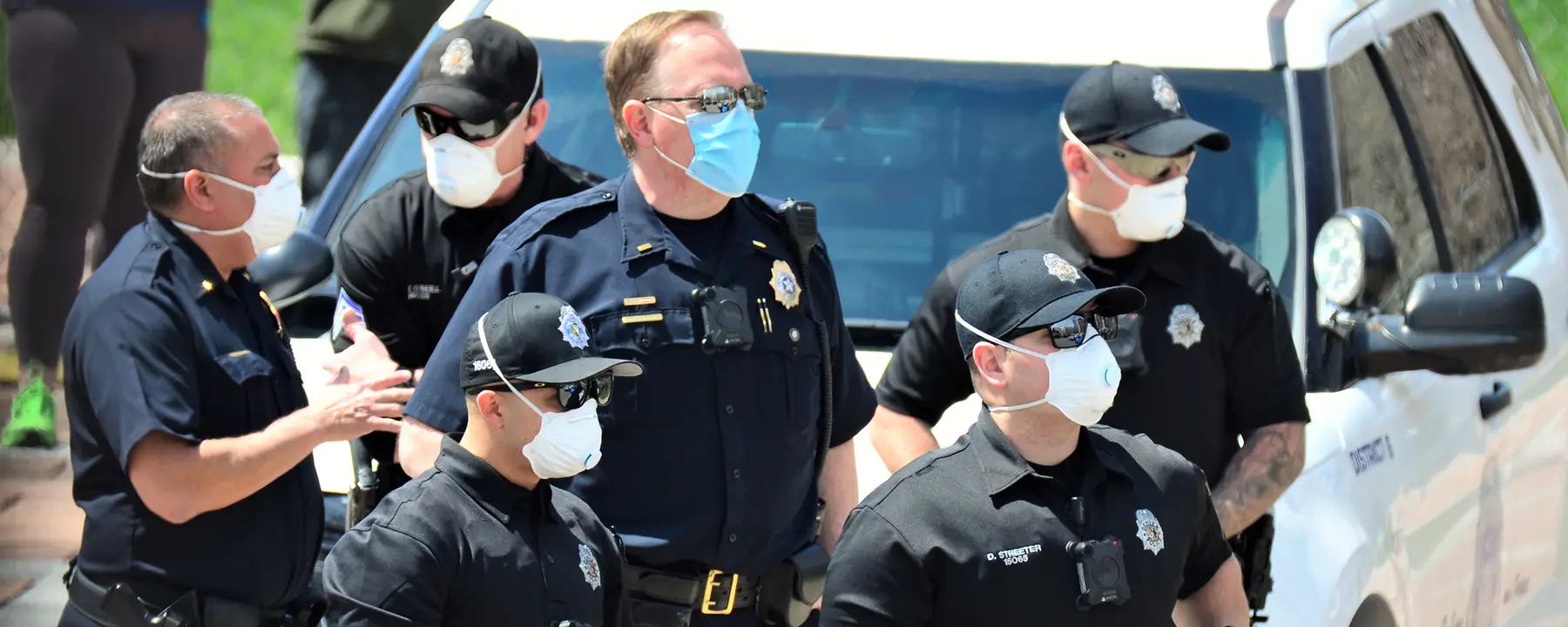Working to strengthen and sustain partnerships between the police and public health to address some of society's most challenging problems
Law enforcement and public health agencies are building new partnerships and rethinking existing ones to address some of society’s most challenging and deep-rooted problems. People who use drugs, individuals with mental illness, and homeless populations often make up a large proportion of those who have repeat contact with law enforcement and other first responders.
The RTI Center for Policing Research and Investigative Science is implementing and evaluating—with the emergency response and criminal justice systems—a range of strategies, including those focused on improving information sharing, cross-system co-responses, and reduction of the number of individual high utilizers with disproportionately high-repeat contacts. We have experience in evaluating innovative approaches to law enforcement and public health partnerships and strive to promote the collaboration to promote favorable outcomes for persons in need and the agencies that serve them.
Project Highlight
Law Enforcement Agency Naloxone Project
Many law enforcement agencies now employ public health strategies, such as equipping officers with the opioid overdose reversal medicine naloxone. Thousands of law enforcement naloxone programs have been implemented in law enforcement agencies in a patchwork of ways without any foundational research to guide their evaluation. This project creates an evidence base for such programs through a qualitative study of five jurisdictions, which informs a national survey of approximately 3,600 law enforcement agencies around the country.
Project Highlight
Pilot Test of Telehealth for Those on Community Supervision
RTI is a study partner on this National Institutes of Health project, which seeks to expand the Opioid Addiction Recovery Support (OARS) application-based software program to include a “Virtual Coach” for recently released justice-involved individuals with substance use disorder to aid them in their recovery. This is a Phase 1 study, for which we hold workshops with community stakeholders, including justice-involved individuals, to develop initial specifications that address challenges to reentry and requested areas of support. We are building the platform and, through an iterative development methodology, collecting feedback from several key informants through interviews about usability and functionality. This study also aims to determine ways to identify newly released individuals with substance use disorder and engage them with OARS Virtual Coach and explore study designs to assess its effectiveness.
Project Highlight
Comprehensive Opioid, Stimulant, and Substance Use Program (COSSUP) Training and Technical Assistance (TTA)
RTI’s role in COSSUP is to provide direct support to site- and state-based grantees, as well as subrecipients, in the implementation of programs and services that reduce substance use and misuse by promoting evidence-based practices to respond to the opioid epidemic across all government levels. Through its substantive, methodological, and technical assistance expertise, RTI and its partners foster peer-to-peer learning and cross-site coordination to enable discussions of lessons learned, facilitate program improvements, and promote evidence-based program proliferation, providing tailored TTA for the unique needs of jurisdictions that can also be applied nationally.









